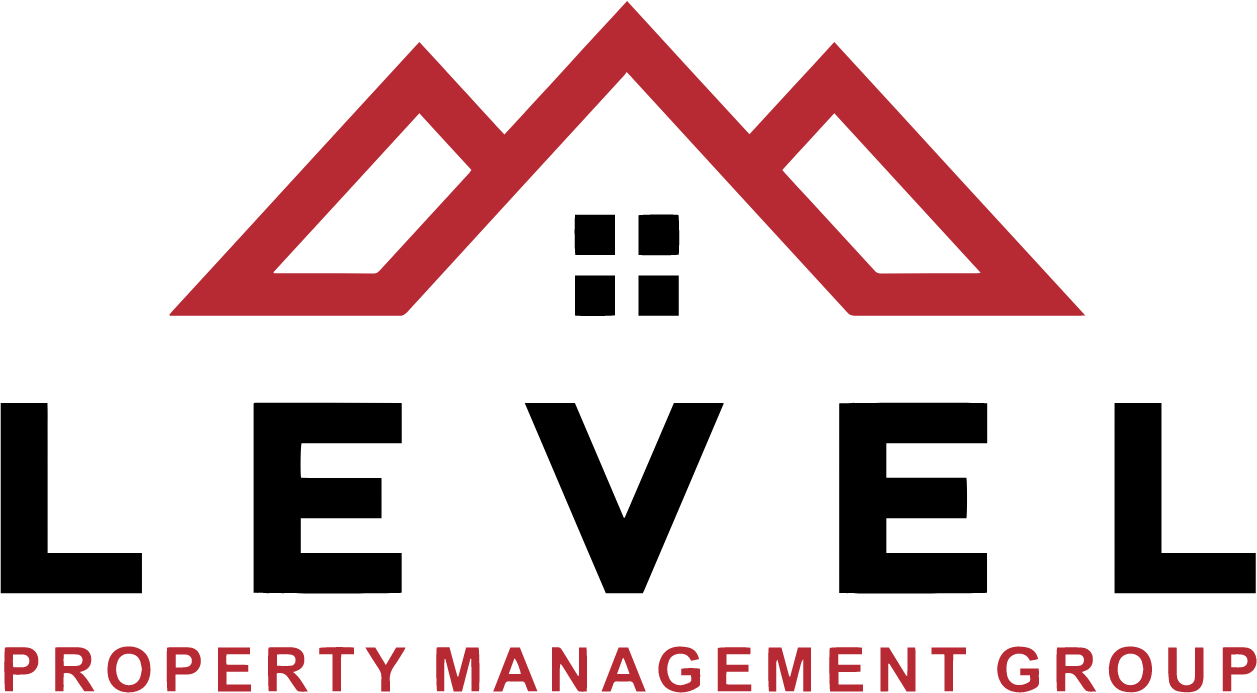Are you considering converting your home into a rental property? Maybe you’re moving to a new house but don’t want to sell your current property, or you’re interested in generating passive income through real estate investments.
Whatever your reasons, turning your home into a rental property can be a smart financial move. But before you decide to become a landlord, there are several things you need to consider and plan for.
What to Consider Before Converting Your Home
Converting your home into a rental property can be a profitable investment, but it’s not without its challenges. Before diving into this venture, we suggest considering the following:
Legal Requirements
The first thing you need to do when converting your home into a rental property is to make sure you comply with all legal requirements. Depending on where you live, there might be zoning regulations, rental licensing requirements, building codes and landlord-tenant laws you need to adhere to.
For instance, some cities require landlords to obtain a rental license or permit before renting a property. Others mandate inspections or certain safety features like smoke and carbon monoxide detectors. Research and understand these legal requirements before advertising your home for rent.
Financial Considerations
Converting your home into a rental property requires a significant financial investment. You might need to make repairs, upgrade appliances or furnishings and cover the costs of marketing your property.
You also need to factor in ongoing expenses like property taxes, insurance, maintenance and utility costs. Before you decide to rent out your home, calculate the potential income you might generate to see if it will cover your expenses and provide a decent return on investment.
Property Management Options
One of the biggest decisions you need to make when converting your home into a rental property is whether to manage it yourself or hire a property management company. If you have the time, skills, and inclination, self-management can save you money and give you more control over your property.
However, it also means dealing with the day-to-day tasks of managing a rental, like advertising vacancies, screening tenants, collecting rent and handling maintenance requests. If you prefer to be more hands-off, you can hire a property management company to handle these tasks.
Potential Risks and Challenges
Before converting your home into a rental property, consider the risks and challenges involved. These include unexpected repairs or maintenance issues, difficult or non-paying tenants, legal disputes and property vacancies. You need to have a plan to handle these situations and mitigate their impact on your finances and rental property.
Preparing Your Home for Rental
Preparing your home well is crucial in converting your property into a rental. A well-prepared home will attract quality tenants and generate a higher rental income. Here are some important aspects to consider:
Repairs and Maintenance
Before renting your home, make sure it’s in good condition. Make any necessary repairs like fixing leaks, replacing broken windows or doors and repairing or replacing damaged floors or walls.
Schedule a professional inspection of your home’s electrical, plumbing and HVAC systems to ensure they function properly. Making sure your home is in good condition will help you avoid any maintenance issues once tenants move in.
Cleaning and Staging
Your home needs to be clean and attractive to potential tenants. Consider hiring a professional cleaning service to deep clean your home and ensure it’s free of odors or stains.
Remove any clutter and personal items, and decorate the space in a neutral way that will appeal to a wide range of renters. Staging your home this way will create a warm and inviting space where tenants can imagine themselves living.
Furniture and Appliances
The furniture and appliances in your home can also impact its rental potential. If you plan on renting your home furnished, ensure the furniture is comfortable and in good condition. Invest in quality appliances like a fridge, stove and washing machine. These items can make your home more attractive to potential tenants and can justify higher rental rates.
Safety and Security Measures
It’s important that your rental property is safe and secure. Install smoke and carbon monoxide detectors on every level of the home and make sure fire extinguishers are readily available. Make sure all windows and doors lock properly and consider installing a security system or deadbolts on doors for added protection.
Finding Tenants for Your Property
Once you’ve prepared your home for rental, it’s time to find tenants. This involves marketing your rental property, screening potential tenants and finalizing lease agreements and rental terms.
To attract potential tenants, you need to market your rental property effectively. Advertise your property in online listings, social media and local classifieds. Use high-quality photos of your home to showcase its features and benefits. Highlight unique selling points such as a great location, outdoor spaces or amenities that appeal to your target market.
Finding the right tenant is critical to the success of your rental property. The tenant screening process involves evaluating potential tenants’ backgrounds to ensure they’ll be a good renter for your property. Interviewing potential tenants and their references is also a good idea.
In a Nutshell: Turning Your House Into a Rental Home
Converting your home into a rental property can be lucrative, but it requires careful planning, preparation and ongoing management. There are many things to consider before taking the leap, from legal and financial requirements to preparing your home for rental and finding tenants.
Proper management and maintenance and effective communication with tenants is crucial for the success of your rental business. Consider partnering with a professional property manager like Level Property Management Group to ensure a positive rental experience. Contact us today at (251) 210-1664 to learn more about our services and maximize your investment property.

